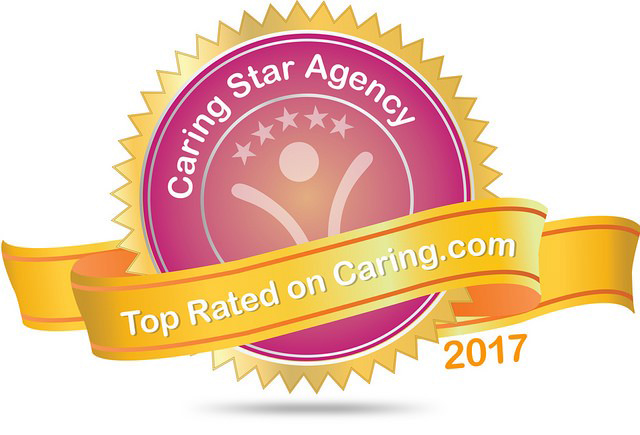Mobility and Your Aging Parent

Talking to Your Children About a New Caregiver Role
November 21, 2016
1Heart Cargiver Services is Awarded the “Caring Star of 2017” by Caring.com
December 1, 2016Mobility, as defined by Learners Dictionary, is the “ability or tendency to move from one position or situation to another.” As they age, your elderly parent may still be able to move, but the tendency to do so decreases exponentially. Finding solutions that will help keep your parent moving, and in ways that foster joy, will go a long way in promoting their independence and maintaining their health.
Tendency to Stagnate
Your parent may have, at one time, been the epitome of the “energizer bunny,” but age and circumstance have decreased their once never-ending whirlwind of activity. Perhaps a fall has left them injured or afraid to move for fear of another accident. Maybe arthritis has affected their joints, causing pain upon movement. Muscle weakness, neurological difficulties, hearing or vision impairment can all lead to more time spent in their favorite recliner and less time socially engaged and active. Two of the most common causes of mobility decline are pain and obesity.
Encouraging Mobility
Lack of mobility leads to declining health in a number of ways: decrease in muscle strength and flexibility, decreased cardiovascular health, and incontinence. The social ramifications of decreased mobility result in loneliness, dependence, and ultimately in loss of self-esteem. Knowing the downfalls serves to impart the importance of keeping your loved one active and mobile.
Levels of Activity
The type of activity will vary according to their physical health, but some form of movement is, almost always, possible. If your parent has very limited mobility due to pain or a specific disease, consider obtaining the help of a physical therapist. Physical therapy improves balance and strength. The support offered by the therapist helps seniors trust the process, allowing them to stretch beyond their limits.
Once they become stronger and secure, their activity can be increased at home. Consider a daily walk, even if they need the support of a walker or cane. A daily walk will increase their cardiovascular health, boost muscle strength, maintain bone density and promote serotonin for that “feel good” after-effect of exercise. Once their strength increases, consider looking into one of the many fitness classes offered at Senior Community Centers. These exercises usually include Tai Chi and Yoga—movements that produce relaxation, flexibility, as well as better balance.
Home Care Providers
It’s not always easy to fit in time for daily walks, physical therapy appointments or fitness classes when faced with the many tasks of daily living that your parent needs assistance with. In these instances, a home care provider can offer you the help you need. They can accompany your parent on their daily walks and provide transportation to appointments and classes. If your still feeling a little overwhelmed, consider letting them help with some of the daily activities of living such as bathing and dressing, meal preparation or light housekeeping, so that you can spend quality time with your parent enjoying each other’s company.



